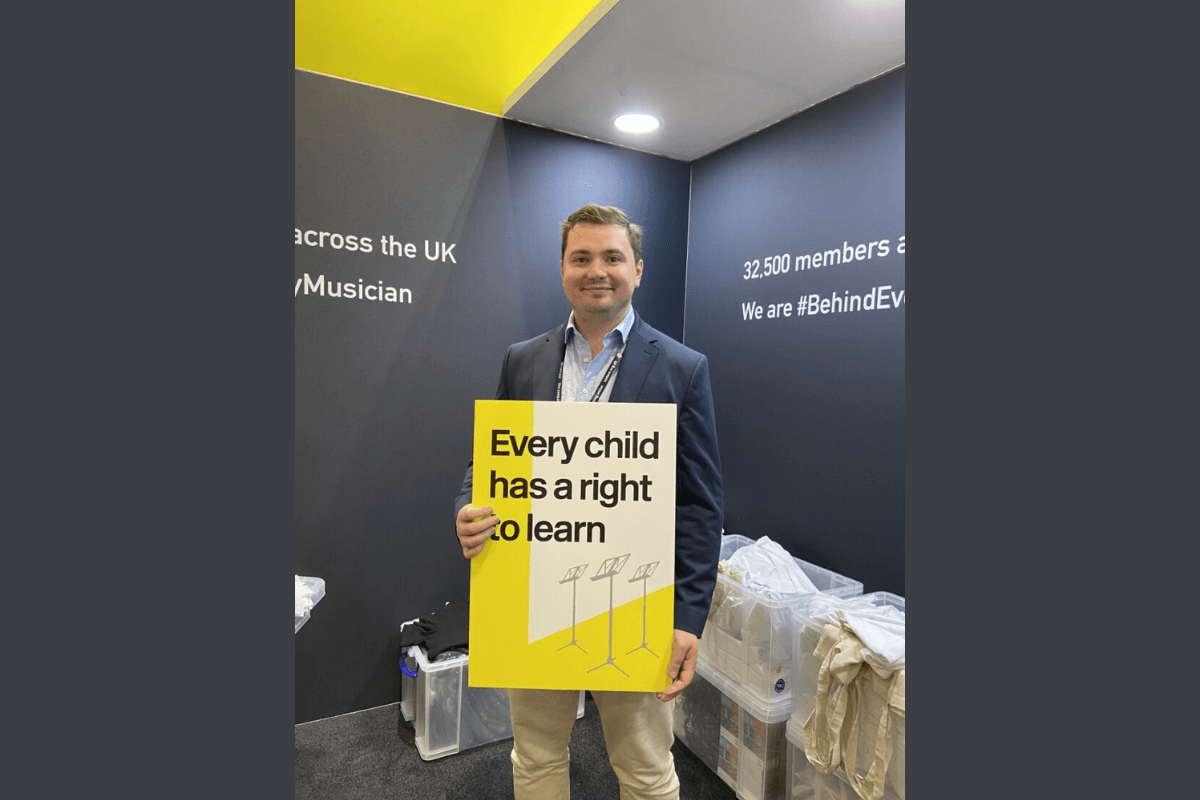It’s not an understatement to say that things are incredibly difficult for the arts in Local Government. With over a decade of cuts in arts funding, even the largest and most supportive councils in the UK have had to scale down their funding commitments to the creative industries.
In January Suffolk County Council announced a 100% cut to their culture budget, Birmingham has proposed reducing all its arts funding by 50%, before removing the funding entirely in 2025/2026 and the Local Government Association (LGA) has said that “more than a third of local authorities need to make cost savings…across arts and culture to try and balance the books”.
That’s not even touching on our District and Borough councils, who whilst having the best intentions have no statutory funding for the creative sector, and can find it nearly impossible to prioritise arts and culture. That said, where there is a will, there is a way and where local government representatives are willing to go above and beyond for the arts, it is not impossible to support our industry.
Utilising County Councillor budgets
A great example of this has happened at North Herts Council, where with an arts-supportive political leadership, the council has a thriving arts and culture network that meets regularly and promotes dialogue between the arts and culture sector in the local area and the council.
On top of this, council officers from the community engagement team are happy to send opportunities that the council comes across to the mailing list to get local creatives involved in projects around the district.
This form of help can also come in the guise of councillors' locality budgets as well. In the two tier local government system that operates in Hertfordshire, it is the County Councillors who have access to larger pots of money, which they can use to support charities and projects in their areas at their discretion.
These pots of money can and should be used to support the arts. In one situation, I was working with a local theatre group that wanted to put on workshops for schools in the local area tied in with ‘local government week’.
With brakes being applied to the project because of a lack of funding, the late Judi Billing came to the rescue in her inimitable style and provided match funding from the budget she had access to as a County Councillor. Some fantastic workshops were delivered, the kids learned about local democracy and the theatre group got paid fairly. Everyone was a winner.
 Tom at the MU's stand at Labour Party Conference 2022. Image credit: © The MU.
Tom at the MU's stand at Labour Party Conference 2022. Image credit: © The MU.
Working with local businesses
Just across the border to where I was elected in May, Stevenage Borough Council have been doing some fantastic work, including since 2018 a cultural strategy that spans across Music and the arts.
Through working with both individuals and businesses on development, they were able to attract arts council funding and a meanwhile-use policy alongside this meant that a local creative group could move into a central town centre unit.
Alongside this they also work with a local business to deliver a music festival in the Stevenage Old Town, which is always extremely well attended.
Navigating those conversations around local authorities can be difficult, especially as an elected representative with council staff who sometimes can see things as a binary choice. Using our instincts for creative thinking, as representatives of the arts in local government, is key to making sure our councils are able to support the creative industries outside of the usual.
UK Music’s local Government toolkit
Another incredible tool is UK Music’s local government toolkit Here, There and Everywhere, which highlights some simple, but effective ways in which local governments can support the music industry.
Using data for planning and licensing, and implementing the agent of change principle to protect music venues is common sense, and where local authorities have empty spaces they can look to repurpose them into hubs for music and cultural activities.
These tips and more are all things that local authorities can do right now, without spending masses of money that they unfortunately just don’t have.
The tide is turning
However the future looks less bleak now than it did when I first started writing this piece earlier in the year. Already the tide is changing.
Oldham Council has pledged £10m to reopen Oldham Coliseum in time for the 2025 Pantomime season, and Arts Council England has launched straight into discussions with the Government to make the case for increased funding for arts and culture.
Alongside this, a new team at the Department for Digital, Culture, Media & Sport, and in the Department of Local Government and Communities are both much more likely to be open to new initiatives to support musicians, as well as much more supportive of our sector than the previous government.
These changes will take time to bed in and make a real difference. But we as elected representatives can make changes that will have a positive effect on our communities now, and we must push for this in all corners of local government because if we don’t, who will?